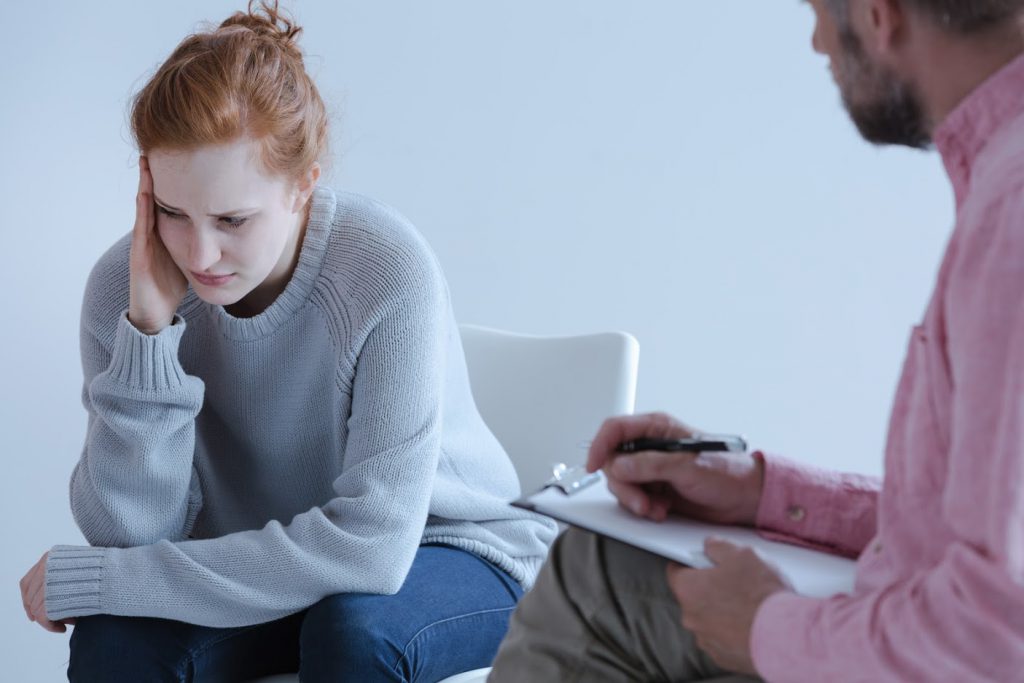Is Mental Health Illness on the Rise?
Mental health is an issue that has become much more visible in the media in recent years. We hear a lot more about it now than we did in the past. Does this mean that mental health issues are becoming more common?

How Common Are Mental Health Conditions?
Mental health conditions are very common. About 1 in 4 people in the UK will be affected by some kind of mental health condition every year. Issues such as depression and anxiety are particularly common, but there are also large numbers of people who are affected by other mental illnesses:
- 8% by mixed depression and anxiety
- 9% by generalised anxiety disorder
- 4% by PTSD
- 3% by depression
- 3% by OCD
- 2% by bipolar disorder
Is There an Increase in Mental Health Problems?
Since we hear a lot more about mental health than we used to, it’s easy to assume that conditions like depression and anxiety are more common now. There is some evidence of an increase in mental health problems among young people, but most of the rise in diagnoses is due to more people seeking help from psychiatry services like those available at Cardiac Screen. We are also more aware of our mental health and more likely to seek help if we are concerned about it. We’re more honest with our doctors about our symptoms.
Although we are diagnosing more people with mental health conditions, the total number of people who are affected doesn’t appear to have increased significantly in recent years. However, issues such as financial worries and lack of access to care such as psychiatry services does seem to have exacerbated the problem in some ways. It has made it harder for many people with mental health issues to cope. The proportion of patients experiencing severe symptoms has also been on the rise.
The impact has been particularly strong on children and younger people. About 24% of those aged 5 to 19 who were affected by mental health disorders lived in families who were struggling with some kind of adversity. Increasing pressure from school and social media may also be affecting young people as children aged 11 to 19 who had mental disorders were more likely to spend a long time online. However, this doesn’t mean that social media is causing mental health problems. It may simply be making it harder for those who are affected to escape from their worries because they are always connected.
Growing Awareness of Mental Health
Part of the rise in mental health diagnoses is due to more people taking care of their mental health and seeking help. Rising awareness of mental health issues and willingness to seek help has enabled more people to get the care they need. However, there are still some groups who are less likely to seek help. Men are less likely to be diagnosed with a mental health problem but more likely to take their own lives. Making it easier for men to talk about their mental health and to get the support they need could help to save lives.







